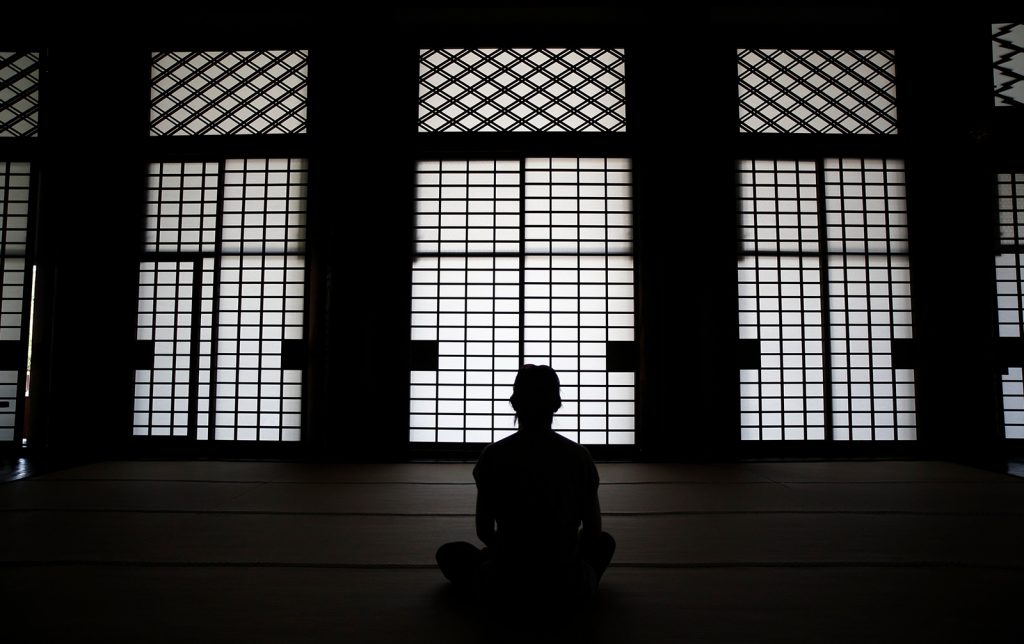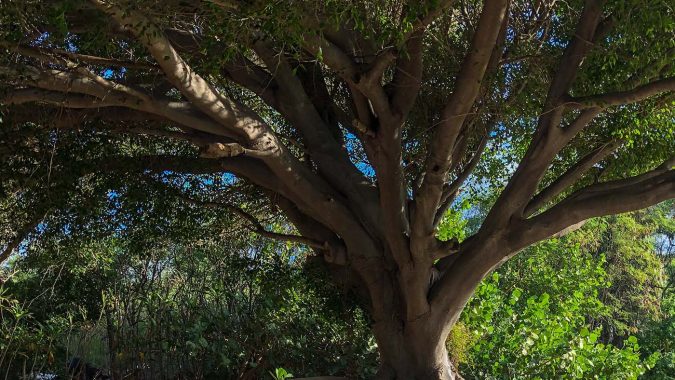
The most fulfilling thing in life is to contribute in whatever way one can to benefit humankind. One who is willing to be of service to others will be able to endure hard work willingly and without complaint because of [their] volunteer spirit. Because of such a spirit, [they feel] boundless happiness and joy no matter how busy [they] may be.
Dharma Master Cheng Yen
In founding Tzu Chi and the Jing Si Dharma lineage, Master Cheng Yen established a new Buddhist path of spiritual cultivation, one that is grounded in social service and action for the benefit of others. While it leads to the ultimate goal, which is awakening our innate Buddha Nature and attaining enlightenment and liberation from suffering, it also creates a meaningful and joyful life.
However, this path of service is a demanding one that asks one to make the most use of time, as Master Cheng Yen explains.
In a lifetime, how many years are actually there for one to render service to humankind? [The time that] one can spend doing real work is in fact very limited. In the 24-hour day, eight hours are spent on sleep and nearly two hours on the day’s three meals. That adds up to a total of four months spent on sleeping and 720 hours on eating, out of the 12-month year.
If we further eliminate the periods when we couldn’t really contribute to society, such as childhood, old age, and the learning period as a student, how many years are left for us to work for the good of humankind? Even the most diligent person can only contribute one-third of [their] lifetime to society. As time is so limited, if one moreover wastes it by idling about doing nothing meaningful, one’s energies will be drained and one won’t be able to live out the meaning of life as a human being.
Time allows a person to complete [their] studies, fulfill [their] career, and realize [their] aspirations. It is also time that enables one to achieve fulfillment on the spiritual path. To a wise person, time is like a precious diamond; but to an ignorant person, time is like a handful of dirt, with no value whatsoever.
If one can utilize one’s wisdom to treasure time and work diligently, there is in fact nothing that can’t be accomplished in this world. If one squanders one’s time, in the careless way one would scatter a handful of dirt – living a daydreaming life and indulging in pleasure – eventually, one will accomplish nothing, essentially becoming a burden and parasite to society.
Oftentimes, people become listless and waste their lives away in a deluded life. They are no more awake than a sleeping person having a confused dream. Living aimlessly, oversleeping, and indulging in too much comfort and pleasure will eventually bring many afflictions and hindrances for oneself. When one is idle, one will inevitably pass the time meaninglessly by dwelling on one’s feelings of misery. And if one only engages in the pursuit of temporary pleasure and enjoyment, one in fact ends up experiencing even greater suffering. [For] if one toils for personal gain, indeed such a life will be afflicted with worries over gain or loss, success or failure.
While a person can toil either for [their] own personal achievement or for the well-being of society, in comparison, the spiritual growth will be entirely different. Having benefited from the resources provided by society, we should give back to society. Therefore, we should all do our part by contributing to society with a spirit of service. The happiness gained from benefiting others is a happiness that is truly everlasting.
Master Cheng Yen further invites us to consider that we must not only be wise in choosing how to spend our time, but also should reflect on its fleeting and limited nature.
The Sun does not stop revolving even momentarily, nor does the Earth. Time slips away with the rising and setting of the Sun, and the revolution of the Earth. Thus the Buddha tells us that everything is impermanent and changes are occurring even within a split-second. Therefore, we Buddhists must not have the misconception that “time is everlasting.”
Samantabhadra Bodhisattva cautions us that “With each passing day, we draw closer to death; like fish losing water – what joy is there? Be as earnest and diligent in spiritual practice as we would [in] putting out a burning fire in our hair. Remember that life is too impermanent for us to slacken.”
What compassionate words of caution they are! Living in this world, we’re heading toward old age and death with each passing moment. We’re like the fish that can’t live without water but whose water, every day, is gradually reducing. Just like this, our own lives are drawing closer to death with each passing day.
Time waits for no one. We should make good use of our youth to learn diligently and not yield to old age even when we are advanced in age. No matter how old we are, we should still keep learning. We should live and learn and give of ourselves. Even if we should fall ill, we must not waste life away by resting in bed and feeling depressed all day.
Most people, unaware that death is drawing nearer, still live an aimless and befuddled life. They don’t know that the world is full of dangers and potential crises, which may shatter the current peace in a second’s time. As such, what is the true meaning of happiness?
Human beings should race with time, seize each moment, and not allow our days to pass by fruitlessly. Merit and virtue is accumulated through time. Only if we persevere unwaveringly can we truly forge real strength.
The value and meaning of life do not lie in the length of one’s life, but in how much effort one has exerted to serve others. As long as one faithfully fulfills one’s proper duties as a human being, thereby gaining happiness and joy from one’s work, that is the most fulfilling and most blessed life!
The section in italics contains excerpts from a teaching given by Dharma Master Cheng that was published in English on the Tzu Chi Taiwan website on January 15, 2010.
































